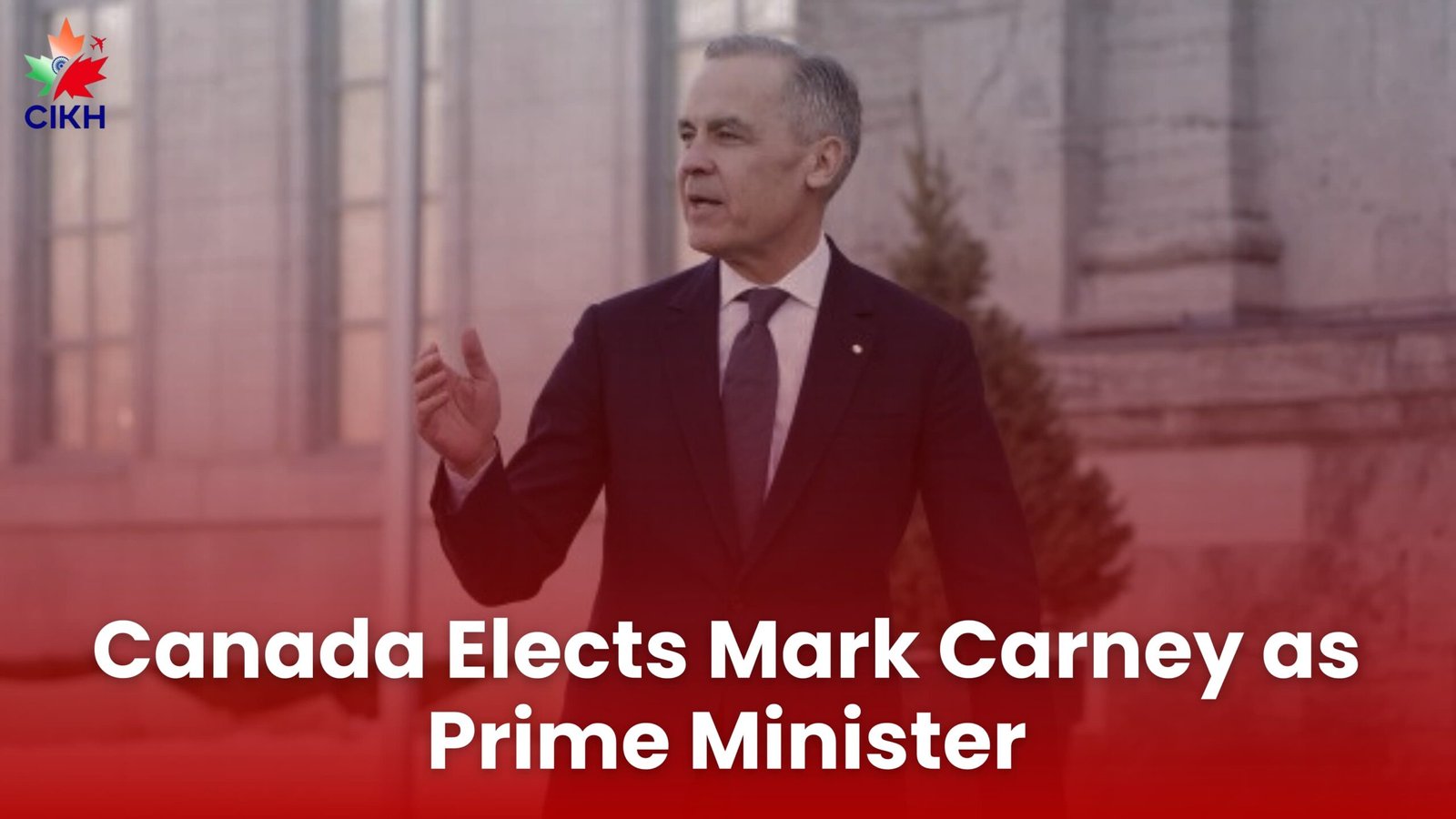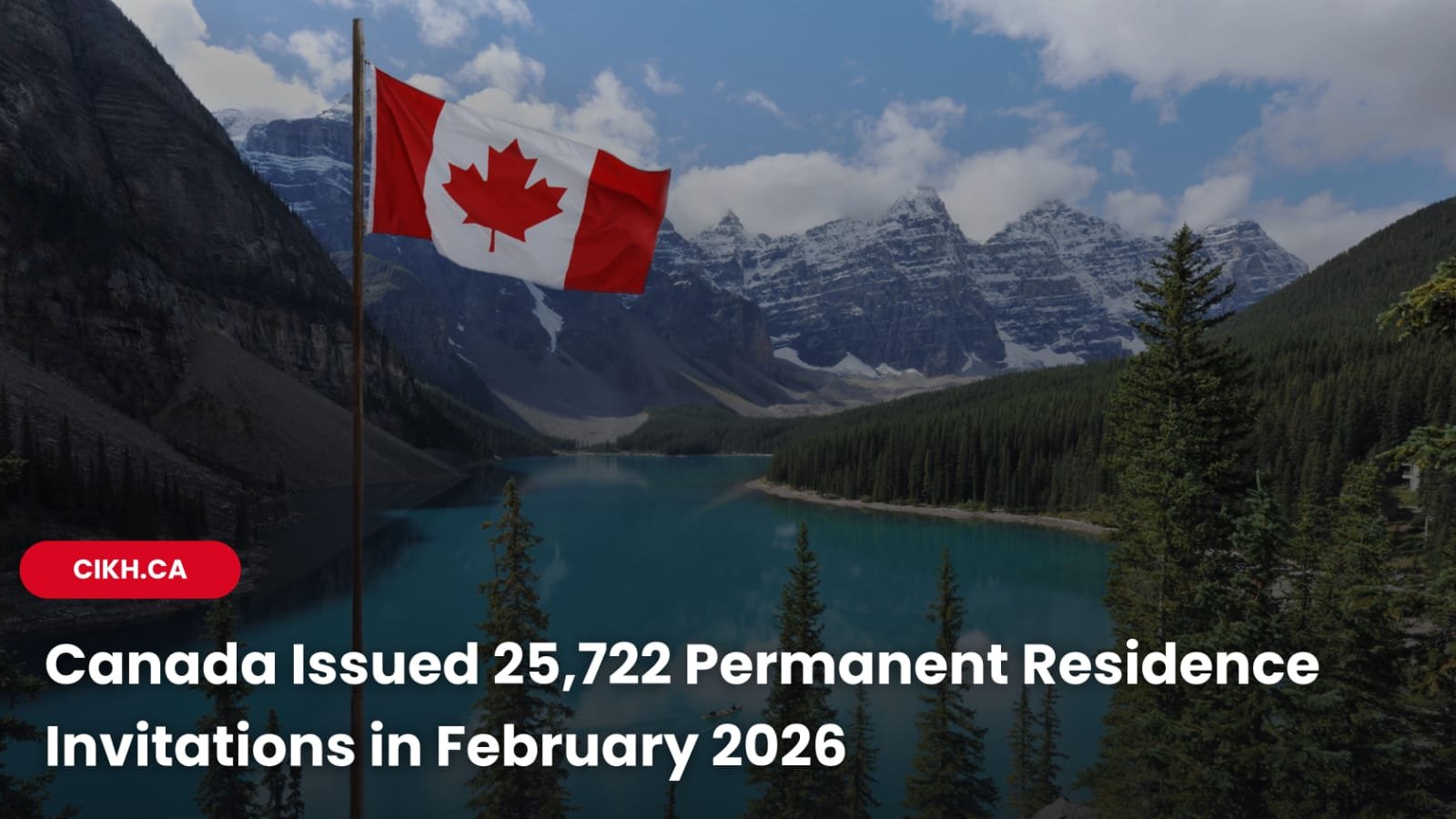Mark Carney has been elected Prime Minister of Canada, according to projections by national broadcaster CBC/Radio-Canada, in what many consider one of the most significant elections in decades.
However, it remains uncertain whether Carney’s Liberal Party has secured the 172 seats required for a majority in Parliament. Final results are expected late Monday night or early Tuesday morning.
Book Your Consultation for Canadian Immigration
The election was widely viewed as a referendum on which leader was best positioned to confront U.S. President Donald Trump, whose recent rhetoric—including threats to annex Canada and impose steep tariffs—has ignited a surge of nationalism across the country.
“As I’ve warned for months, America wants our land, our resources, our water, our country,” Carney said in his victory speech. “These are not idle threats. President Trump is trying to break us so America can own us. That will never… ever happen.”
International Reaction
World leaders quickly responded to the results. European Commission President Ursula von der Leyen congratulated Carney on X, writing, “Congratulations to @MarkJCarney and the Liberal Party on their election victory. I look forward to working closely together, both bilaterally and within the G7.”
Australia’s Prime Minister echoed the sentiment: “In a time of global uncertainty, I look forward to continuing to build on the enduring friendship between our nations.”
Carney’s Rise
A former central banker, Carney, 60, led both the Bank of Canada during the 2008 financial crisis and the Bank of England during the Brexit upheaval. Despite never holding elected office, his reputation for steady leadership and financial expertise won over voters. He became leader of the Liberal Party in March, following the resignation of long-serving Prime Minister Justin Trudeau.
Carney defeated Conservative Party leader Pierre Poilievre, a 45-year-old career politician who had previously led the polls. Poilievre’s campaign, focused on economic concerns, border security, and anti-“wokeness” messaging, initially resonated with many Canadians. However, his alignment with Trump’s rhetoric—including a “Canada First” slogan—eventually alienated key voters.
A Turning Point
Poilievre’s decline began after Trudeau’s resignation, which gave the Liberals a chance to reset. But the turning point came when President Trump intensified his criticism of Canada, including a social media post on election day threatening to make Canada the 51st U.S. state. The inflammatory remarks rallied public sentiment behind Carney.
This marks the third consecutive federal election loss for the Conservative Party. Analysts suggest the party may now face a period of deep introspection to reassess its direction and appeal.





